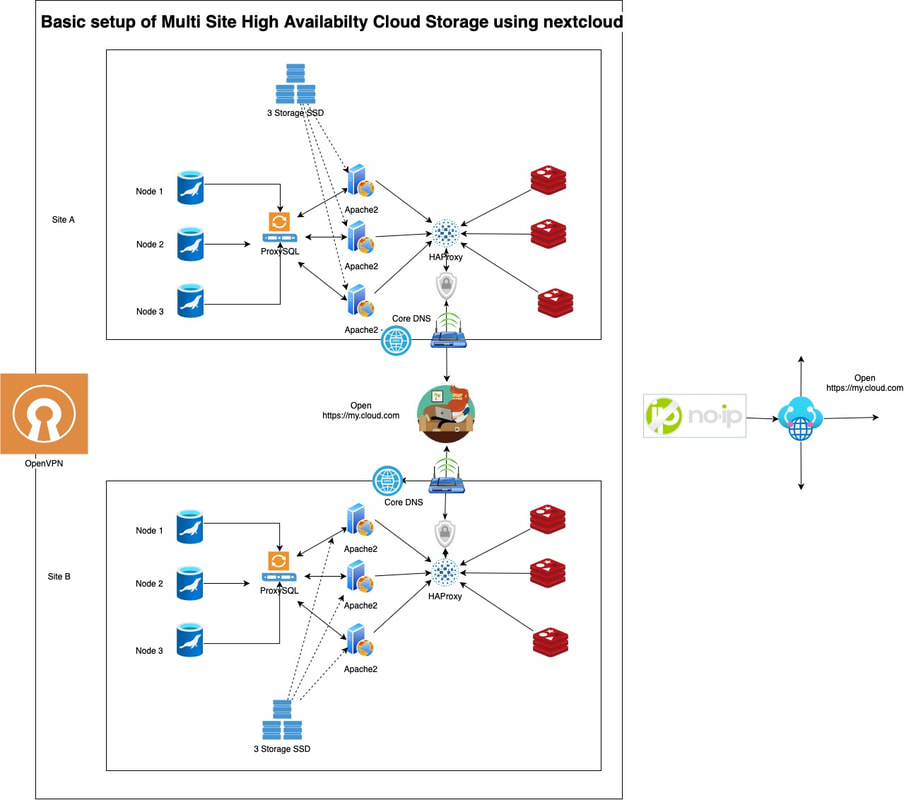What is Nextcloud?
What Nextcloud is not!
Benefits and comparison
Who it is for?
- If you work in a profession that you generate a lot of data.
- if you live in a different part of the world than the actual country you came from that you have to move from place to place. (like me)
- If you have to constantly make the data you generate available with your partners in a remote location.
- If you want to share photographs, home videos, or music with your distributed family.
- Single board computer enthusiasts wanting to learn more and make the best use case of investment.
What you need to setup self hosted nextcloud?
Hardware
- Raspberry Pi 3/4 (4GB or above)
or any Single board computer(sbc) (5-12 volt) you can keep up online that you do not waste electricity bill. Since I have much different make sbc, so I decided to go with a multi-node cluster, but you can do it on a Virtual Machine on a Windows laptop too. I am using a Raspberry Pi 3 and Raspberry Pi 4 on a remote site i.e. back home in India. The reason I suggest raspberry pi is because it is arm64 architecture, it has a large user base, and above all, it's Made in the UK. - Storage of 1TB SSD or HDD (more the merrier)
- I am using a 1 TB NVMe SSD here in London. And a 1TB standard HDD in India.
-
Ethernet Cables CAT 7 should be sufficient.
I do not recommend connecting your pi to the router over wifi. - USB to MicroSD card Adapter
Software
- Ubuntu Operating System
- Apache2
- Php7.*
- MySQL/Mariadb
- ProxySQL (for load balancing Galera Cluster)
- Syncthing (for copying data to other site and high availability)
- CoreDNS (for DNS Service at home network)
- Haproxy (for load balancing Redis and Apache2)
- Redis (to manage file locking and php session sharing)
- OpenVPN
- Latest Version of Nextcloud

 RSS Feed
RSS Feed


